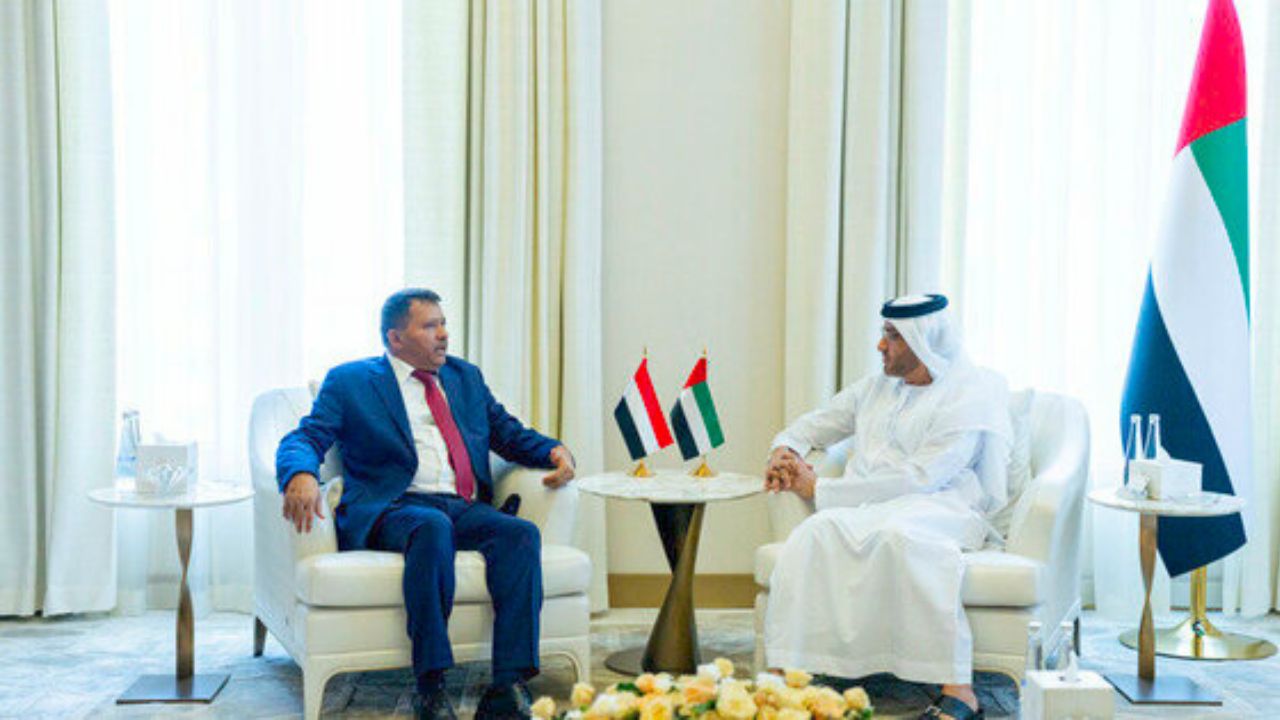
UAE and Yemen Strengthen Legal and Judicial Cooper
UAE and Yemen attorney generals met in Abu Dhabi to strengthen legal ties, enhance public prosecutio

Montreal is moving forward with an important expansion of its metro system. The new extension of the blue line in the city’s east end will include five stations, each with names that carry powerful cultural and historical meaning. Mayor Valérie Plante announced the station names, explaining that the goal is to honor women and communities that helped shape the city’s identity.
One of the most striking names is Vertières station, chosen to recognize the Haitian community of Montreal. The name comes from the Battle of Vertières in 1803, which was a decisive victory that secured Haiti’s independence from French colonial rule. For Montreal’s large Haitian community, this is more than just a name—it is a symbol of pride and resilience.
Another station will be called Mary Two-Axe-Earley station, named after the Mohawk activist from Kahnawake. She fought for decades to restore rights to Indigenous women who had lost their legal status under unfair federal laws. By naming a station after her, Montreal is giving recognition to her tireless struggle for justice and equality.
Montreal’s Italian community is also being celebrated with Césira-Parisotto station. Césira Parisotto was a nun who dedicated her life to education and health. She helped create schools and a hospital that served countless families. Her story highlights the lasting impact immigrant communities have had on Montreal’s growth.
The station Madeleine-Parent will honor the well-known feminist and trade unionist. Parent was active in the fight for better working conditions and equal rights, especially for women in Quebec. Naming a station after her is a way to acknowledge her lifelong activism and influence on social change.
The final station on the extension will be named Anjou, after the eastern borough where the line will end. This choice ties the project to its local roots and emphasizes the importance of connecting neighborhoods more closely to the city’s heart.
The extension of the blue line involves building six kilometers of tunnel and is a major investment in public transit. Once completed, the new line will provide faster and easier transportation for thousands of residents in Montreal’s east end. The project is expected to be finished by 2031, improving access to jobs, schools, and services for local communities.
The naming of these stations is more than symbolic—it reflects a desire to ensure the city’s infrastructure tells the story of its people. Montreal is a city built by many cultures, and the decision to highlight women leaders, immigrant communities, and historic struggles shows a commitment to inclusivity and remembrance.
By honoring figures like Mary Two-Axe-Earley, Madeleine Parent, and Césira Parisotto, and by remembering the Haitian community through the name Vertières, Montreal is not only expanding its metro system but also giving future generations a chance to learn about the people and movements that shaped the city. When the blue line extension opens in 2031, every stop will remind passengers of a different piece of history woven into the fabric of Montreal.